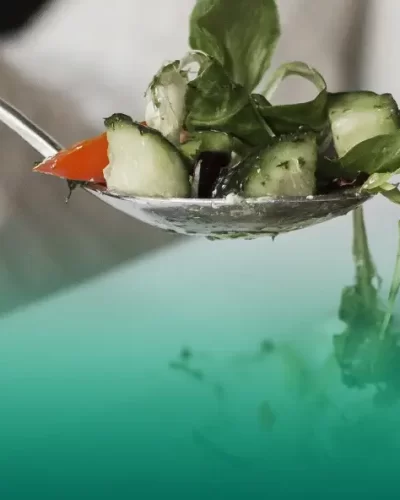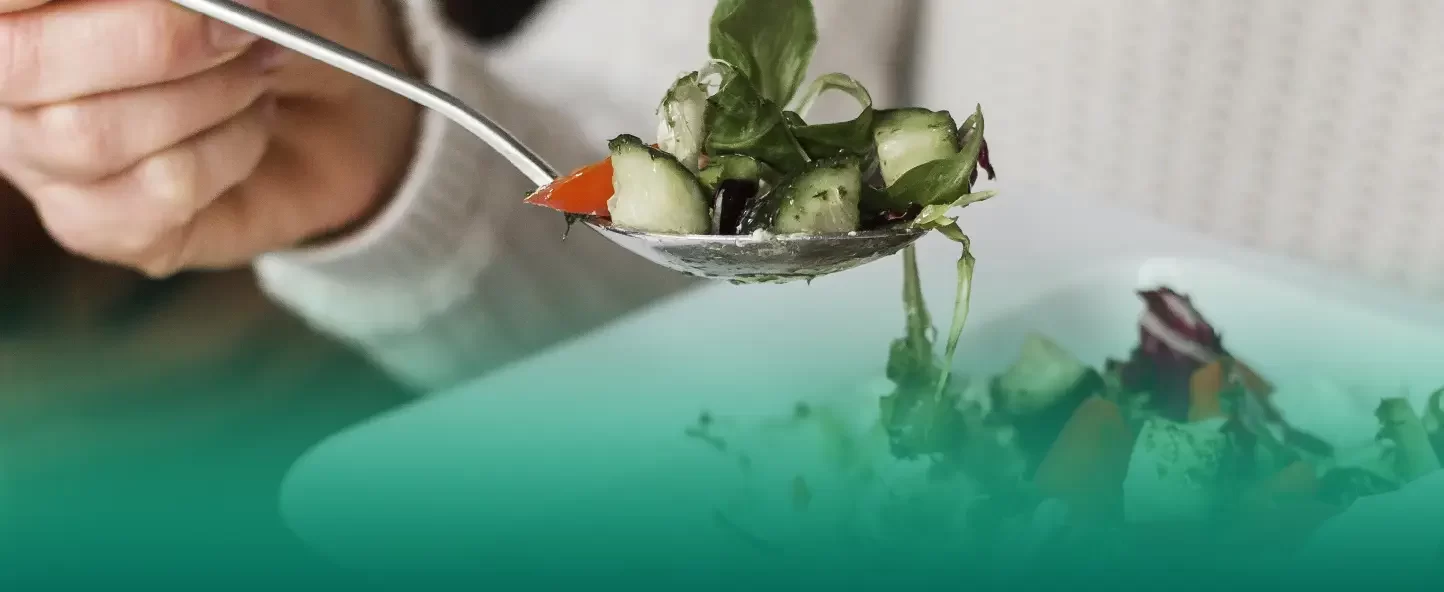Myth: It’s the calories that matter most when it comes to eating healthy.
When choosing foods, we often pay attention to their calorie content, although this is a rather arbitrary indicator around which many myths have developed. How important is it really?
A calorie is a unit of measurement of the heat required to raise one gram of water by 1°C. The body requires different amounts of energy to absorb calories from different foods. Carbohydrates and fats are more easily digested than proteins, which require more effort to convert them into energy.
These two nutritional components provide quick energy, while proteins, while important for maintaining muscle mass and overall health, require more time and energy to digest. Therefore, to maintain shape and have a balanced diet, it is important to include a sufficient amount of protein foods in your diet.
Animal proteins are easier to digest than plant proteins. Sugars are quickly absorbed, and fiber, although not absorbed by itself, improves digestion and slows down the absorption of other calories. Thus, increasing your consumption of fiber-rich foods such as vegetables, fruits and whole grains can reduce fat storage in the body.
Myth: Eating raw fish is dangerous
There is a chance of getting sick after eating raw fish, but the risk of getting sick from eating sushi and stroganina (chopped frozen fish or venison) from cafes, restaurants or store-bought products is low. However, you should be careful when choosing where raw food is prepared and served to ensure its freshness and quality.
Parasites can enter the body of living fish depending on their habitat and feeding habits. In Russian reservoirs, wild fish often suffer from parasitic infections. For example, on Sakhalin, up to 27.8-50.9% of fish are infected with the causative agent of diphyllobothriasis.
Salmon, tuna, trout and other farmed fish consume special feed that does not contain parasite larvae, avoiding the risk of infection. Most restaurants with fish menus in Russia are located far from the seas, so the use of raw wild fish for cooking is rare.
After a fish dies, viruses and bacteria, such as salmonella and E. coli, can become contaminated with its meat. However, the likelihood of contamination depends on proper handling, storage and preparation of the product. This highlights the importance of following hygiene and safety guidelines when handling fish before consuming it.
Myth: Chia seeds are very healthy
Chia seeds contain significant amounts of fiber and can be an important part of a healthy diet, but their medicinal properties have not been supported by scientific research. There is no convincing evidence that they have a significant effect on human health or are capable of significant weight loss.
The popularity of chia seeds as a superfood, that is, a particularly healthy product, is due to their rich composition and diverse nutrients.
One of the key components is fiber. 100 grams of chia seeds contain about 30-34 grams of plant fiber. This amount exceeds the fiber found in cereals, nuts and dried fruits.
However, most of this fiber is in the insoluble form, which improves gastrointestinal function but does not feed beneficial bacteria in the gut. To maintain a healthy GI tract, it is important to consume both soluble and insoluble fiber.
The protein content of chia seeds ranges from 18 to 24 percent of their weight. Chia protein contains all the essential amino acids necessary for the human body, which it is not able to synthesize on its own and must be obtained from food.
Apart from protein, chia seeds contain various other important components. Among them are phosphorus, calcium, potassium, magnesium, copper, B vitamins and polyphenolic antioxidants.






